
2022 AL DÍA 40 Under Forty Honoree: Nigel Charles
The third annual AL DÍA 40 Under Forty event serves to highlight and showcase some of the most diverse and impactful young professionals across the Philadelphia region.
At this year's event, taking place Friday, Aug. 26, Nigel Charles will be one of the 40 honorees.
Biography
As Director of Donor Organizing at Bread & Roses Community Fund, Nigel Charles leads a team in supporting and guiding community members through a process of collective learning, fundraising and participatory grantmaking.
A handful of years ago while working at Philadelphia LISC, Charles created a group to support the development of emerging professionals in community development, and led the creation of the Belinda Mayo Scholarship Fund to support the development of young professionals interested in the field.
As a native Philadelphian, Charles has a deep commitment to the city. It is his belief that it is possible to create a more just and equitable world, and it only looks impossible because there hasn’t been enough of an effort yet to reach that goal together.
Charles earned an undergraduate degree from Temple University and a Masters in Urban Studies from Eastern University.
As part of the lead-up to the AL DÍA 40 Under Forty event, AL DÍA asked each of the honorees a set of identical questions and collected their responses.
Here are Nigel Charles' responses:
What is the biggest challenge you’ve faced in your professional career?
The biggest challenge I’ve faced in my professional career has been making space for self-care. My commitment to listening and meeting the needs of vulnerable communities has caused me to deprioritize my personal needs at times. The challenges my community faces are real and often require a degree of urgency. At times this urgency can be misread as a call to overextend myself. I am learning that these moments are actually opportunities to lean on others, show grace to myself, and recognize the abundance that is all around us. We cannot support the creation of healthier communities through unhealthy practices, including the ways that we treat ourselves. I am constantly reminding myself that I am an important part of the community that I serve, so my well-being is inextricably tied to the well-being of the community. This is a challenge I am still navigating, and I am fortunate to be with an organization who supports me as I grow in this area.
What are steps that can be taken to improve diversity, equity and inclusion in your industry? Why is it important to do so?
CONTENIDO RELACIONADO
Our efforts to improve diversity, equity, and inclusion in all industries, the philanthropic industry included, must be rooted in a justice framework. Before planning and developing initiatives, we must first acknowledge that the inequities in our systems are not naturally occurring and did not happen by chance. Our lack of diversity, equity, and inclusion is a direct result of centuries of oppressive policies and structures, so to achieve our goals we must seek to repair the cumulative harm that has been done over time.
Listening to those who have been traditionally excluded from the philanthropic sector is an important step in addressing the harms. They are experts on the barriers to access and supports they need to thrive in the industry. This positions them as the best to develop sustainable plans for themselves and the communities that they seek to help. In an industry where our goals are to develop approaches to solve significant challenges, those who are most impacted by those challenges are our best chance at solving. Investing in them and their ideas is the most effective way to develop healthier communities and a healthier industry.
What does being a leader mean to you?
Leadership is a balancing act of moving forward while remaining attentive to those who have chose to trust your leadership. It is a realization that we stand on the shoulders of giants and that we have a responsibility to those who will follow to leave a space better than when we came into it. This requires accountability to others, willingness to serve, and vision that is bigger than one person. The best leaders care deeply for those who have put their trust in them. They support those who follow them and allow mistakes to be learning opportunities, rather than something punitive. Leadership is creating space for creativity and sharing your experience with those who have yet to encounter the things you have. It is managing fear in the face of new possibilities and drawing hope from the past.
Where do you see yourself in five years?
In five years I see myself leading an organization doing bold and creative work for racial and economic justice. I know there is more work to be done in creating a better world, and I am committed to being a part of it. I see myself as a more confident and experienced leader supporting the growth of a new generation of people who believe that justice is more than a concept, but a deserved reality. I see myself being an advocate for change and moving resources to the places that need them the most, in the Philadelphia region and across the nation. I also see myself making more time for the things I love; family, friends, music, food, and photography.
The 2022 AL DÍA 40 Under Forty event will take place Friday, Aug. 26 at The Vie at Cescaphe. To learn more or purchase your ticket, click here.



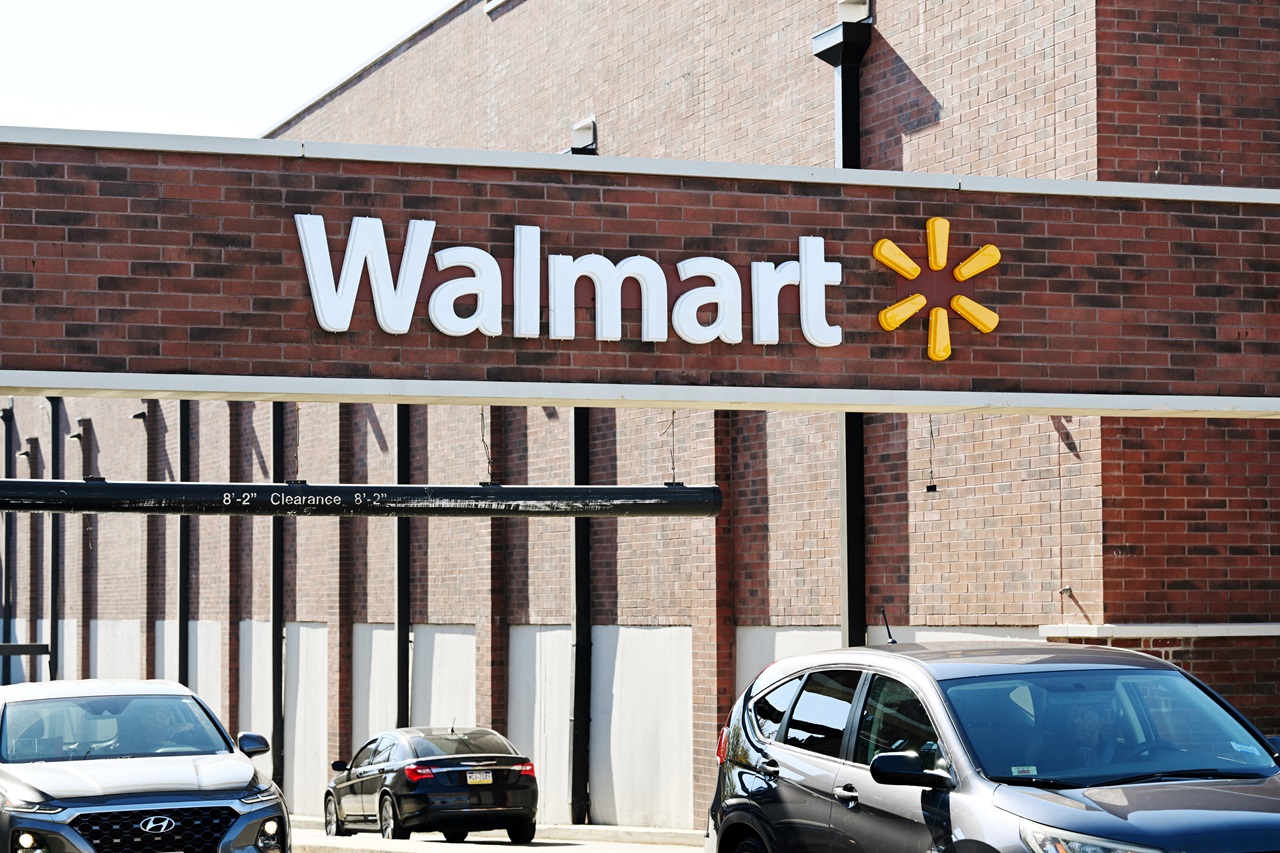
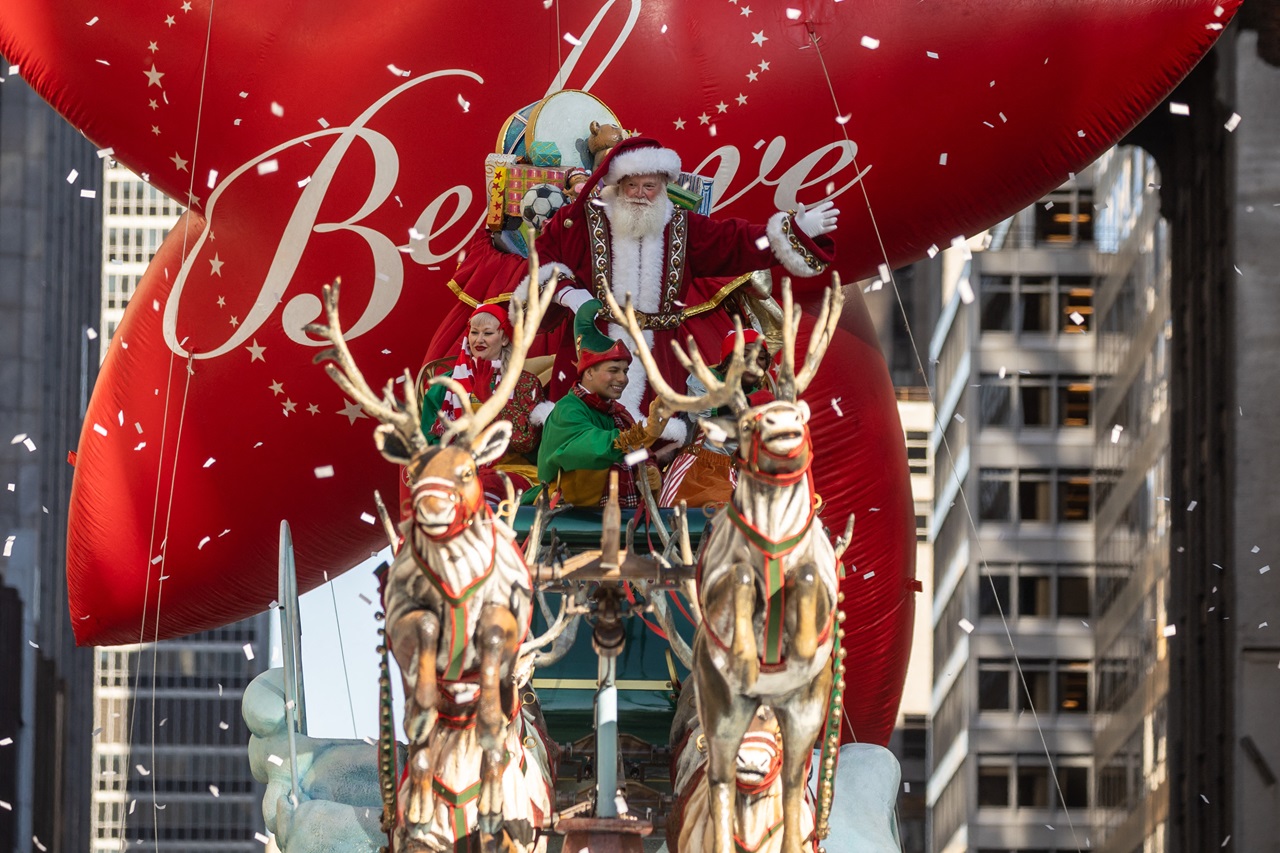
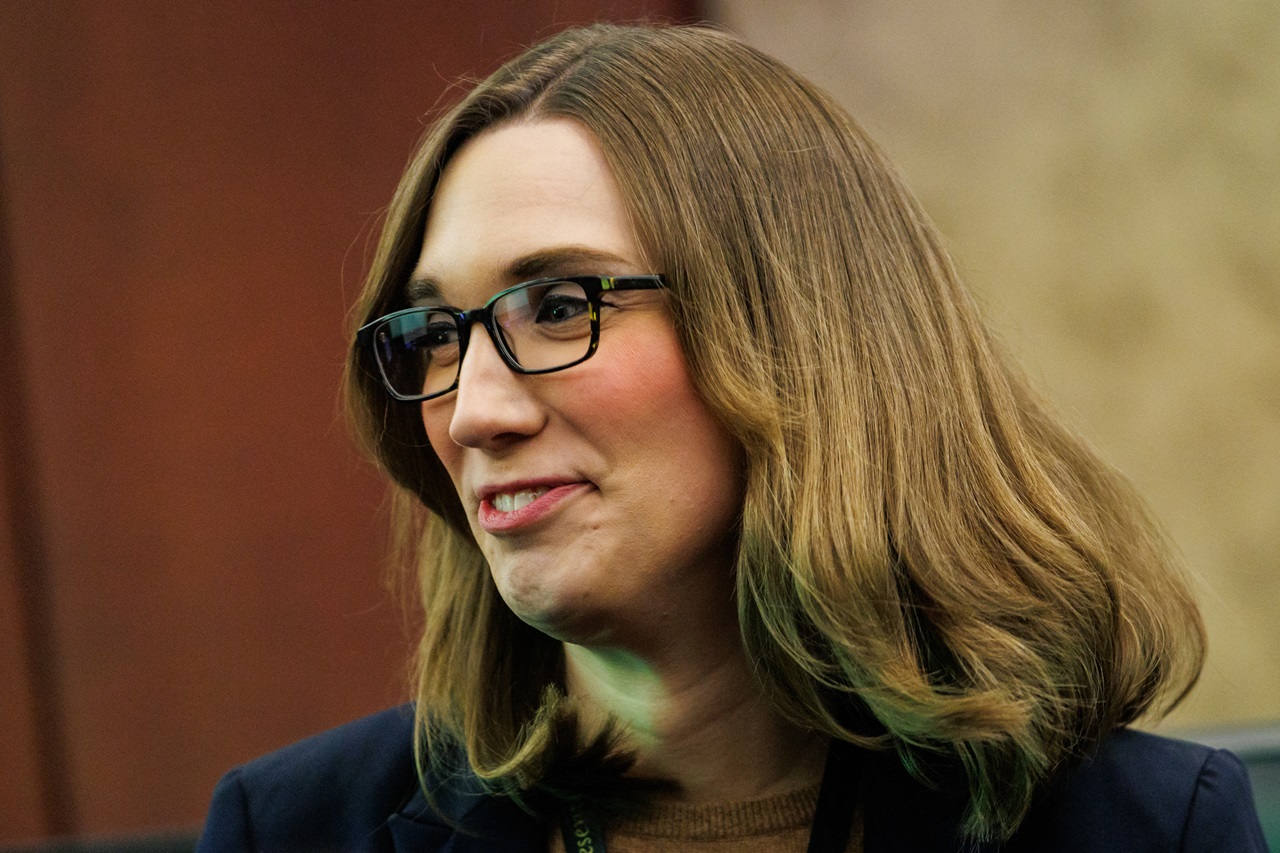
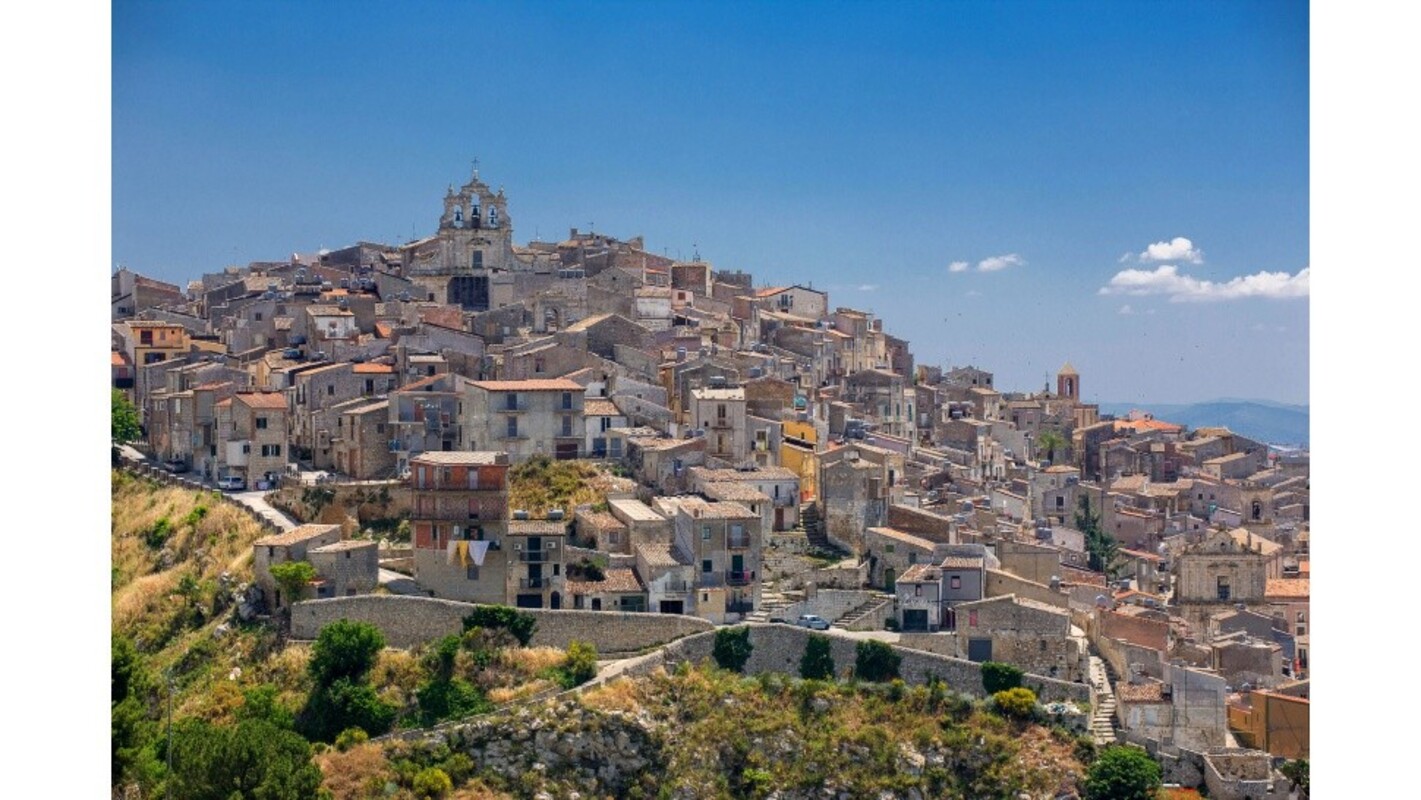

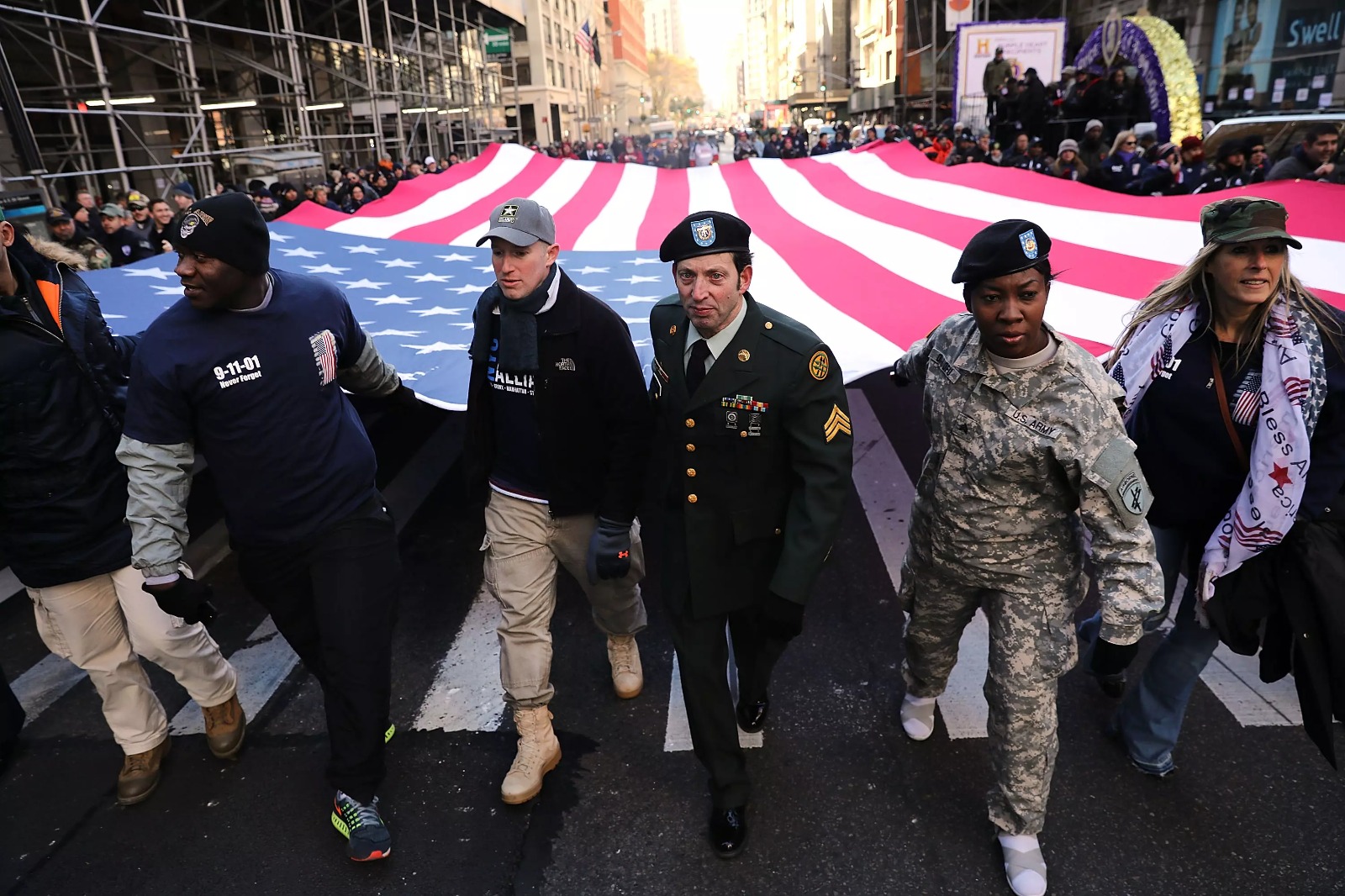
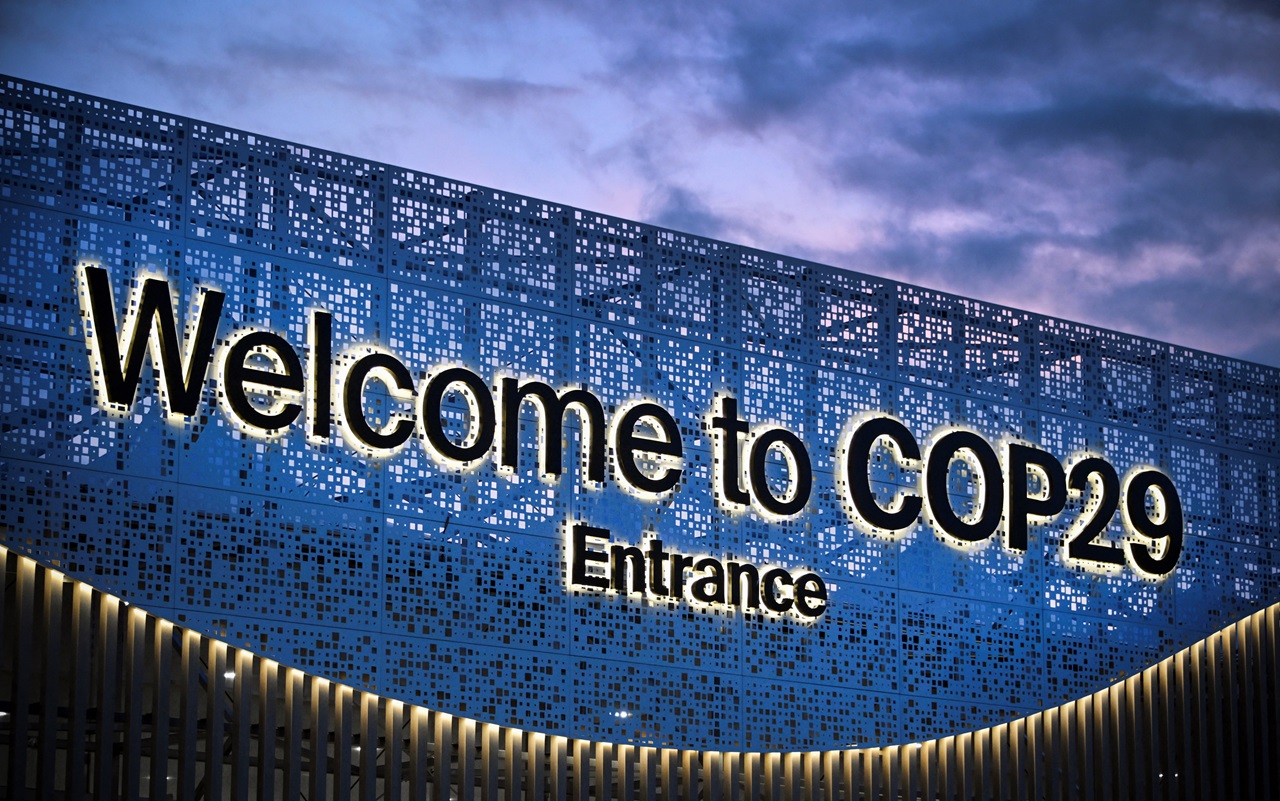
DEJE UN COMENTARIO:
¡Únete a la discusión! Deja un comentario.